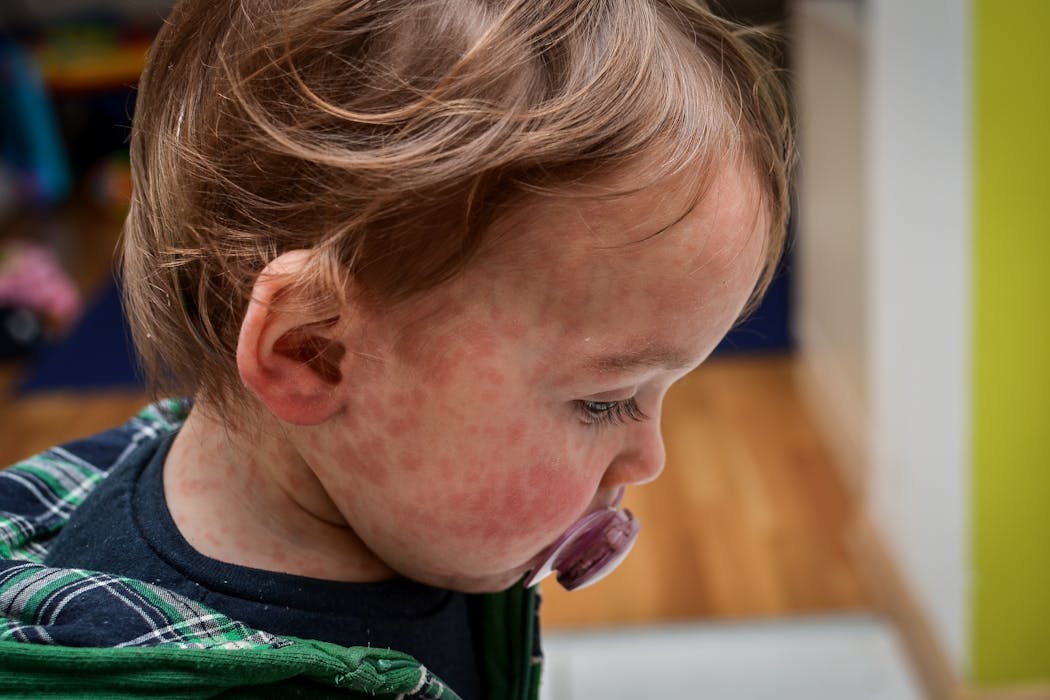Health Care News – Read More
The vaccine advisory panel for the Centers for Disease Control and Prevention (CDC) on Thursday voted in favor of delaying the administration of the vaccine for measles, mumps, rubella and chicken pox, commonly called the MMRV.
The CDC’s Advisory Committee on Immunization Practices (CDC) is scheduled to vote on three questions during Thursday’s meeting. Five of the members were appointed to the committee just this week.
First, the panel was asked to consider whether the combined vaccine for measles, mumps, rubella and varicella should not be recommended for children younger than four. The panel voted 8-3 to approve the change, with one member abstaining.
This vote means children who receive their vaccinations through the Vaccines For Children federal program will not be able to receive the MMRV shot until they’re 4 years old. Children can normally get the MMRV vaccine beginning at 12 months of age.
The meeting on Thursday was tense, with panel members very aware of the heightened attention on their vote following the firing and resignation of top CDC officials, and growing scrutiny of Kennedy on Capitol Hill.
“We are currently experiencing heated controversies about vaccines. And a key question is, who can you trust? Here’s my advice, when there are different scientific views, only trust scientists who are willing to engage with and publicly debate the scientists with other views,” ACIP Chair Martin Kulldorff said at the start of the meeting.
The core argument against allowing MMRV vaccinations under the age of 4 appeared to be the slightly increased risk of febrile seizures linked to the injections. Febrile seizures are caused by fevers of all types.
Febrile seizures are common and generally don’t cause any long-lasting effects, though members of the panel noted that they can be traumatic for families to experience. The risk is lower when vaccines are administered when a child is older.
Kulldorff argued that the risk of seizures could scare parents away from getting the MMRV vaccination.
According to Andy Pavia, professor and pediatric infectious disease expert at the University of Utah, the immunization practices considered on Thursday are “settled science.”
“This new handpicked ACIP has chosen to address issues that were relatively settled science for which there’s no new information that really suggests a need to do a detailed review,” Pavia said shortly before the vote. “And his very proposed votes that would change things even before hearing the data, and it suggests a great deal of prejudgment of the issues.”






